
A Cordova woman and her accomplice admitted to distributing heroin resulting in death, and now the U.S. Attorney’s Office for Western Tennessee plans to seek the maximum penalty — life imprisonment.
Glenda Aldape, 42, pled guilty to conspiracy to distribute heroin resulting in death and possession of heroin with intent to distribute, D. Michael Dunavant, U.S. Attorney for the Western District of Tennessee, announced Thursday.
In March 2016, Aldape sold heroin to Sean Heywood, who would later die from a lethal dose of the drug, according to court documents. Over the phone, Heywood agreed to buy a half of a gram of heroin from Aldape for $75.
Aldape subsequently sent a text to the co-defendant in the case — David Mitchell Murray — who would deliver the drugs to Heywood at a nearby Huey’s. Surveillance footage shows Heywood getting into the car with Murray, receiving the heroin, and being driven home.
Within a couple of hours, Heywood’s father found him on the bathroom floor unresponsive. When emergency personnel arrived, Heywood was pronounced dead, and an autopsy later revealed he died from a lethal dose of heroin.
A plastic bag of heroin in Heywood’s pocket, a syringe, a spoon with .19 grams of heroin, and his cell phone were collected as evidence. Heywood’s cell phone records led police to Aldape.
The next day, looking to arrest Aldape, detectives with the Memphis Police Department (MPD) used Heywood’s phone, pretending to be Heywood to set up another buy. Aldape showed up to make the sale, detectives identified her, and then arrested her.
At the time of Aldape’s arrest, police found just under a half of a gram of methamphetamine, .08 grams of heroin, and various pills on her person. Aldape gave a statement to police admitting to setting up the sale with Heywood the previous day and intending to sell to him that night.
Murray also pled guilty to conspiracy to distribute heroin resulting in death in August 2018. Aldape will be sentenced on April 26th and Murray on March 1st. The pair faces a minimum sentence of 20 years and up to life imprisonment.
U.S. Attorney Dunavant said cases involving heroin distribution resulting in death is a top priority for his office.
“Under our district-specific opioid strategy, heroin distribution cases resulting in death receive top priority for investigation and federal prosecution, regardless of quantity of heroin involved or the prior criminal record of the offender,” Dunavant said. “Our Heroin Initiative also provides time-sensitive case coordination between law enforcement agencies and medical examiners, to ensure that opioid overdose death cases are investigated quickly and thoroughly to identify the nature and source of the drug distribution.
“The U.S. Attorney’s Office will aggressively prosecute and seek the maximum guidelines sentences in these cases in order to disrupt trafficking organizations, hold the distributor accountable for the death of the victim, and to deter others from selling poison to our citizens.”
 Justin Fox Burks
Justin Fox Burks
Dunavant also announced Thursday that, a 39-year-old Memphis man, Antonio Rucker, will serve 151 months in the Federal Bureau of Prisons for possession with intent to distribute heroin, cocaine, and oxycodone pills.
In March 2018, Rucker was stopped for a traffic violation when officers smelled marijuana coming from his car. The officers, a part of the MPD Organized Crime Unit, searched the car and found a box in the floorboard with 100 grams of heroin, 125 grams of cocaine, and over 100 oxycodone pills.
At an October hearing, Rucker admitted to the aforementioned offenses and because of his several prior felony drug convictions, was determined to be a career offender under the United States Sentencing Guidelines at his sentencing hearing.
Dunavant said Rucker’s 151-month sentence demonstrates his office’s commitment to removing career drug traffickers.
“Drug trafficking is an inherently dangerous business that is often conducted by recidivist offenders who have dedicated their lives to criminal activity, and who have no regard for the addiction, injury, and death caused by their sale of illegal drugs,” Dunavant said. “This sentence demonstrates our commitment to remove career drug traffickers from our streets by seeking significant mandatory sentences for selling poison in our community.”
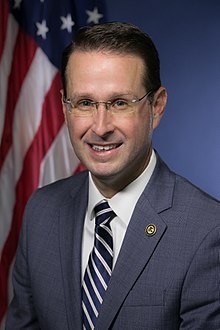
U.S. Attorney D. Michael Dunavant
Two more Memphis men face up to 47 years imprisonment for their robbery of a CVS pharmacy in April 2018.
Jesse Robert Coop, 41, was convicted by a federal jury in August for his involvement in the armed robbery. Coop, along with another individual, Keith Harrington, 41, demanded drugs from the pharmacy safe, while brandishing a revolver.
They had stolen $44,250 worth of drugs including oxycodone, Oxycontin, morphine, hydrocodone, and Nucynta. However, a tracking device was previously installed on one of the pill bottles, leading MPD officers to a residence where both Coop and Harrington were found and arrested.
Coop admitted to his participation in the robbery and Harrington was identified using surveillance footage and eye-witness accounts. Both were charged with robbery affecting interstate commerce, use and carry of a firearm in a crime of violence, and conspiracy to possess with the intent to distribute controlled substances.
Harrington pled guilty earlier this year and Coop was later found guilty after a two-day trial. Sentencing for Harrington and Coop will take place on April 12th and May 3rd respectively.
Dunavant said robberies involving controlled substances present the risk of more addiction and death in the community from illegal opioids.
“Robberies of businesses with a firearm are especially dangerous and violent due to the high risk of death and serious bodily injury to innocent victims,” Dunavant said. “Pharmacy robberies for controlled substances present the further dangerous risk of hundreds of prescription opioids being unlawfully distributed into the community, causing further potential addiction, injury, and death.
“As demonstrated in this case, we will not tolerate this senseless gun violence and will use all available resources to remove dangerous offenders from our communities for a very long time. Gun Crime is Max Time.”
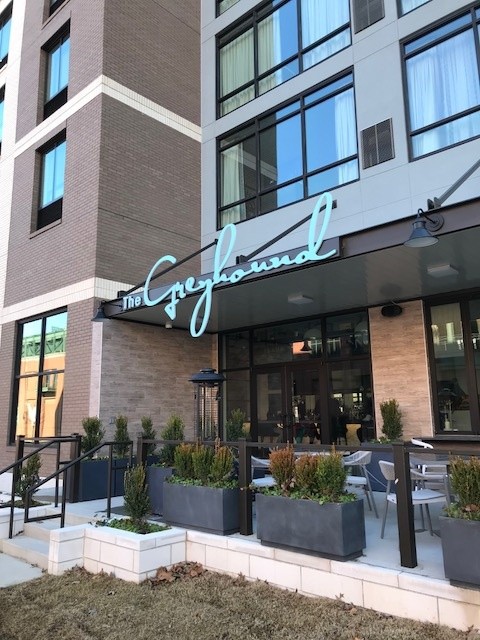
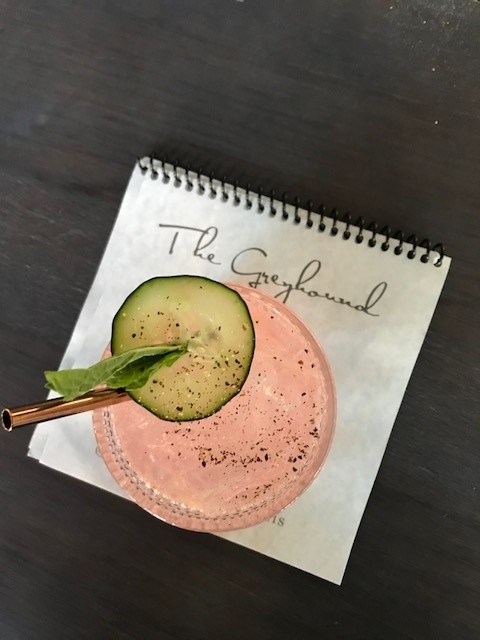



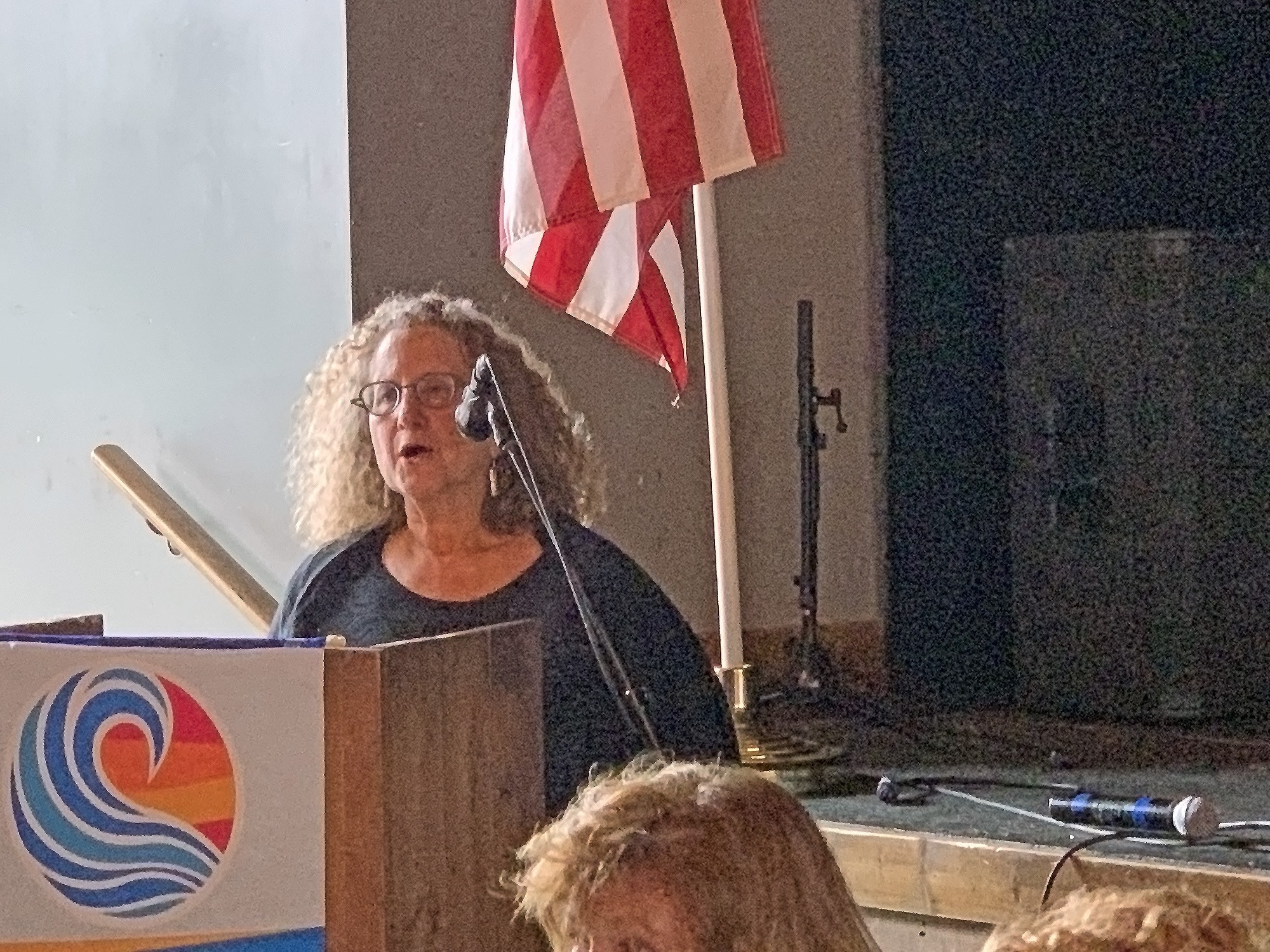 JB
JB 
 Justin Fox Burks
Justin Fox Burks 
 Studio Gang
Studio Gang  Studio Gang
Studio Gang  MRPP
MRPP  Justin Fox Burks
Justin Fox Burks 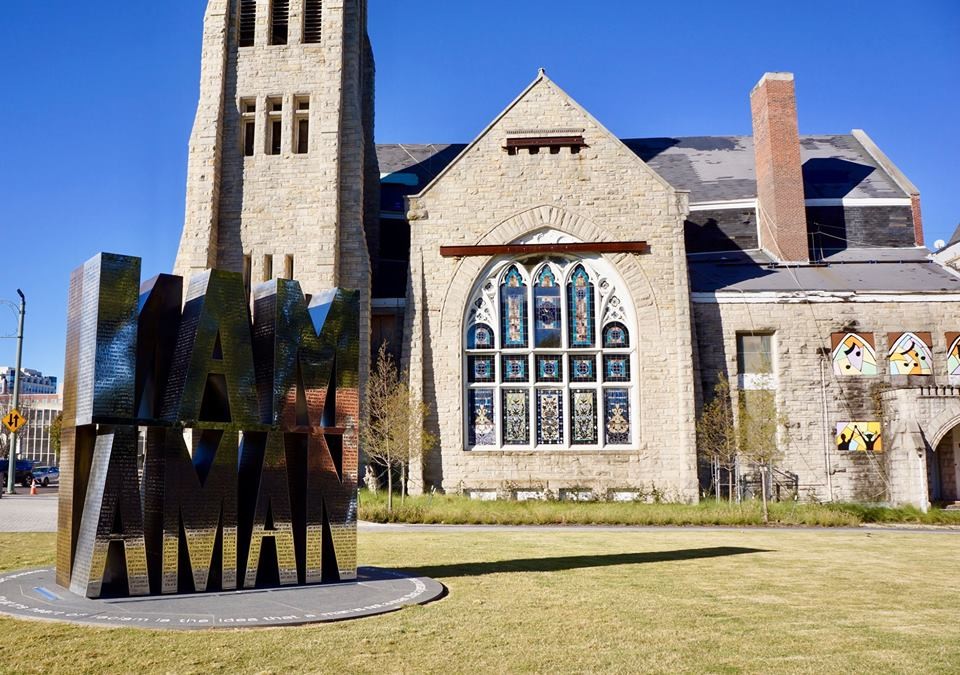 Clayborn Temple/Facebook
Clayborn Temple/Facebook  Clayborn Temple/Facebook
Clayborn Temple/Facebook 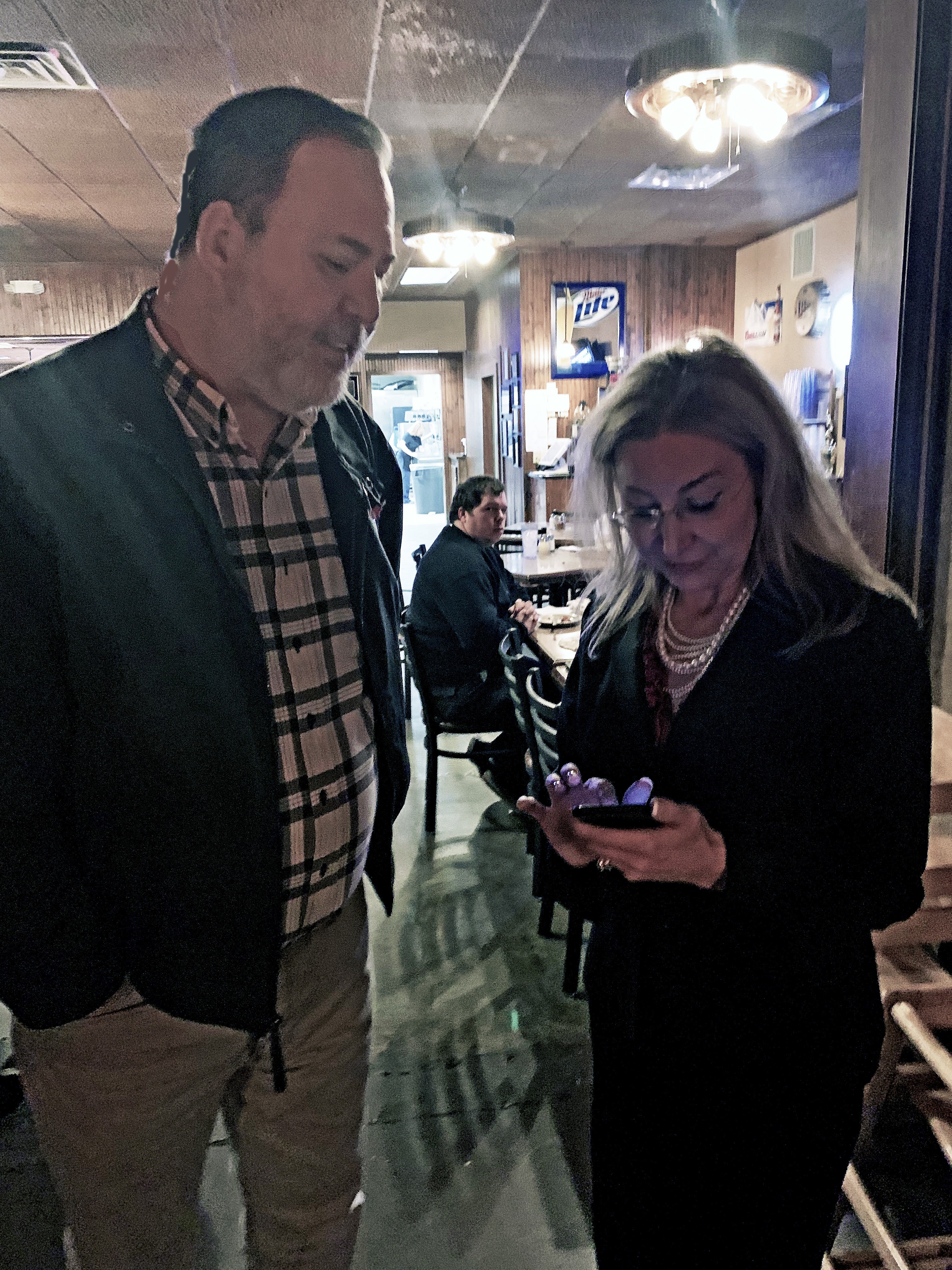 JB
JB 
 Larry Kuzniewski
Larry Kuzniewski 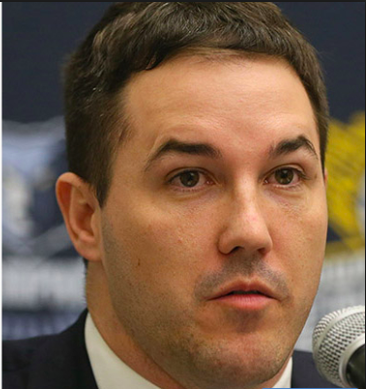 NBA.com
NBA.com 